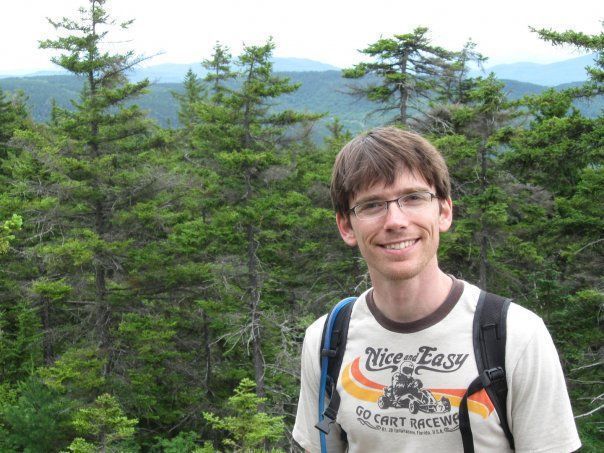Throughout childhood, our education and grading system assigns values to each of us – A through F – that we can then bring forward with us into the life we apparently deserve. It measures us on an especially narrow range of abilities: language, mathematics and science.
My friend failed in first grade. And second. And third. In particular, Jason fell behind in reading, spelling and writing. Frustrated, his teachers didn’t understand why he ignored assignments, fooled around or found other things to do – things like Boy Scouts, skiing, whittling and swimming. Meanwhile, his siblings excelled, his peers pulled ahead.
Finally, after testing, Jason’s family learned he had dyslexia. The years of struggle suddenly made sense. Jason enrolled at Proctor Academy, a boarding school with an entire department dedicated to helping students combat their learning disabilities. Still, writing papers felt like pulling teeth. Reading “The Canterbury Tales” was murder.
Jason scraped by to collect the requisite English credits and won a spot at a small college. There, he earned a degree. And here’s the rub – he earned a degree in engineering.
Yes, Jason struggled with reading and writing, but he excelled in other ways. While he isn’t a speedy reader, his other, many traits shine all the brighter. He is exceedingly kind. He is a superb athlete. He’s an Eagle Scout. He’s a visionary. He solves brain-bending puzzles, cleverly fabricates his own outdoor gear, and invents unique merchandise for the retail market. Jason has designed bikes for Cannondale, devised climbing equipment for Black Diamond and now crafts shoes for Reebok. American Olympians walked into the opening ceremonies in Sochi wearing shoes designed by Jason.
This wayward kid who mystified his teachers, who suffered poor grades in multiple subjects at school because of a reading deficit, who might have given up a thousand times over the years – this kid found a meaningful life anyway, thanks to moral fiber, resourcefulness and inspiration. Thanks to the good fortune of finding the right tutors at the right times. And thanks, perhaps especially, to a reservoir of goodness bestowed on him at birth and through his earliest experiences.
I admire Jason. He taught me something important – that everybody has strengths. He taught me not to judge somebody because they don’t read thirty books a year or know what veridical means. He taught me to think more broadly than in the narrow confines of academic subjects. He taught me about multiple intelligences.
In the United States, we too often focus on linguistic and mathematical abilities. The American Institute for Learning and Human Development writes, we should “place equal attention on individuals who show gifts in the other intelligences … Unfortunately, many children who have these gifts don’t receive much reinforcement for them in school. Many of these kids, in fact, end up being labeled ‘learning disabled.’”
Apparently, I need to admire more people – the mechanic diagnostician who fixed my car last summer with uncanny speed; the clever woman who connects with a kid and turns his behavior around with a rhyme; the humble secretary who always has an uplifting word; the legislator who, against party lines, employs astute statecraft for the greater good; the teacher who paints wondrous works in her free time; the savvy businessman whose huge heart funds worthy charities; the mentors, singers, writers, scientists, bakers, artists, humorists, athletes, tinkerers, dancers and caretakers of the world. The more I look around, the more I notice this: these are the same people I see everywhere.
By recognizing gifts in others, I find myself humbled. Where I fall, others fly. I own precious few talents compared to the wealth in humanity. This is an argument against bombast, conceit and the meritocratic rat race. It’s a refutation of the culture in which we find ourselves, because I am not good at everything. And neither are you. Yet this is also a call to every wayward kid and adult to put their strengths to work for the good of one and the good of all. Scores of skills await cultivation. Beautifully, we are each naturally gifted in some way.
Yes, advanced skills in math, science and language prove helpful in this technological world, but thankfully, life offers far more than these ordinary staples. It offers arts, sports, philosophy and a million other marvels. If you’re lucky, life offers love, a calling and a passion.
However, life demands more too. At a time when the notion of winning at all cost corrodes politics, life demands that we redefine success.
I posit real success exists not in mere triumph. Instead, success lies in striving morally and intellectually to use the gifts given to us. Jason – this uniquely kind, creative and determined man – he is my paragon of virtue. By his example, I seek to live up to my learning abilities.
Daniel McNeil is the director of Grand Area Mentoring.



